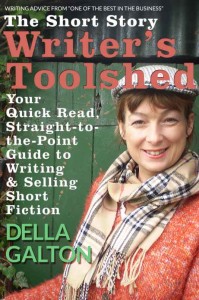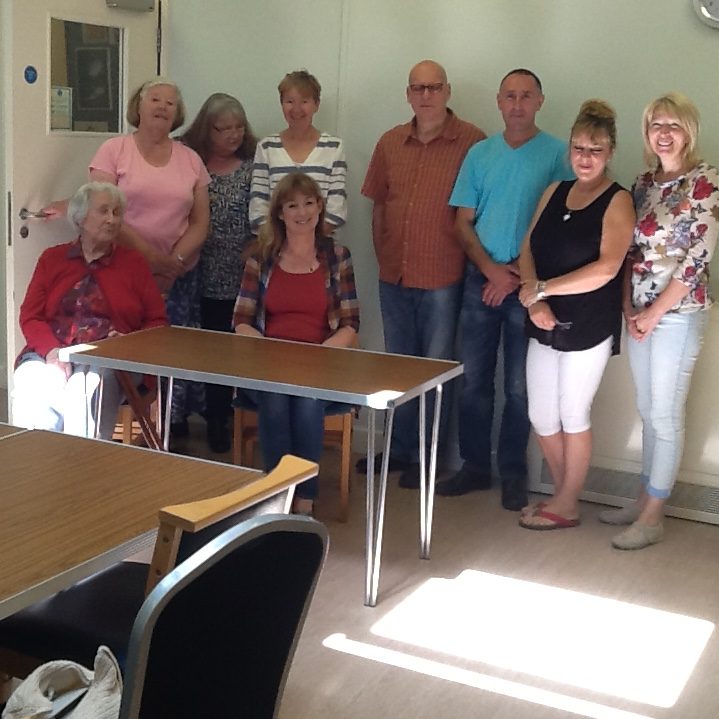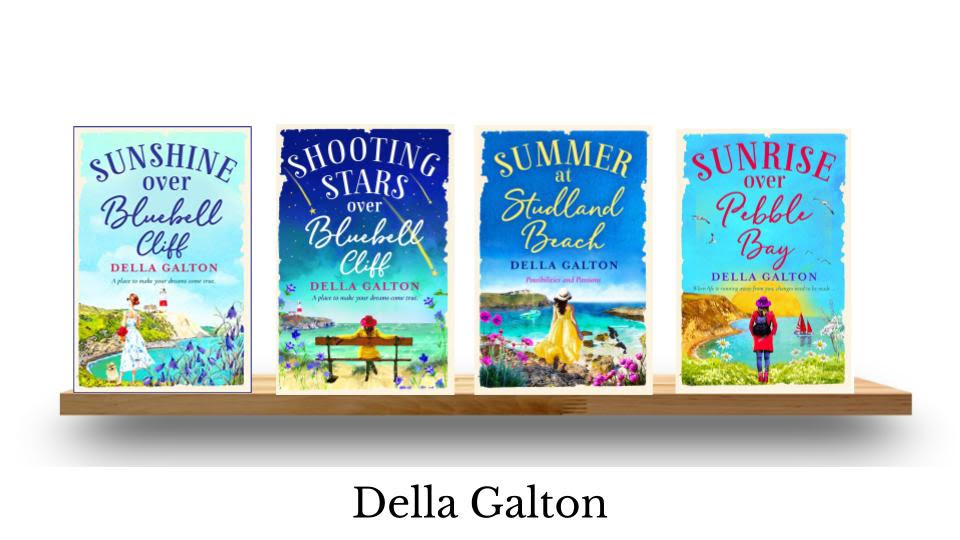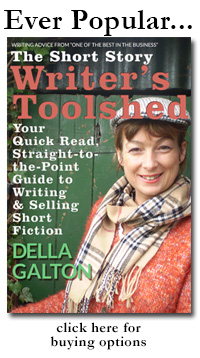 This is a question I regularly get asked by students. I was doing a talk at a writers’ group in Bournemouth on Monday evening and it came up again. I know I have my own definition, it’s one I’ve refined and honed over the years, and it’s this:
This is a question I regularly get asked by students. I was doing a talk at a writers’ group in Bournemouth on Monday evening and it came up again. I know I have my own definition, it’s one I’ve refined and honed over the years, and it’s this:
A short story is a piece of writing where a character has a problem, which is resolved by the end in an unexpected way, preferably by the character’s own endeavours. During the process the character is changed in some way.
There does not have to be a twist, but the problem can’t be resolved so simply that there was never really a story.
I don’t really think about this definition when I’m writing a story, but what I do find interesting is this. If I’m struggling with a story that isn’t working, it’s usually because one of these elements is missing. Perhaps there is no problem, for example. Or perhaps it’s resolved by someone else, or perhaps the resolution is too obvious.
There are other definitions, other elements, like themes and universal truths that come into play, but this definition has stood me in very good stead.
If you want to know more my next two courses are about short story writing
Write a short story in a weekend takes place at Fishguard 15th – 17 February
http://www.writersholiday.net/fishguard.htm
I’m also teaching How to Write and Sell Short Stories in Bournemouth on Saturday 9 March, 13.
http://www.dellagalton.co.uk/?page_id=31





Thank you for this Della, a great, succinct description of a short story. I have two stories ‘brewing’, but I knew they weren’t right. Your description has clarified exactly what they need. I have plot, and I have a character, but what I was lacking in both cases is a resolution that, like you say, is resolved too simply. I agree, it doesn’t need to be a twist (these two are ‘heart-warmers’ rather than twists) but it doesn’t need not to be pat.
And I’ve just finished a dark tale, a very dark one – and although it doesn’t have a good ending – there is a resolution. Just not a pleasant one!
Thank you
Fran
Thanks for that, Fran. Glad it helped. 🙂 I like the sound of your dark one.
I’m pleased you say there doesn’t have to be twist at the end – I write romantic comedy, so the ending tends to be ‘happy’ and sewn up. However, I try to put a few unexpected twists or turns into the main body of the plot, to stop things being too predictable. Interesting post, thanks.
One of the most important things I learnt about writing short stories, is never to lose sight of your character’s secondary need i.e. Cinderella’s primary need is to have something to wear to the ball but her secondary (often unknown to the character) need is to become part of a warm and loving family. If these two needs conflict then all the better for your story. that was probably a rubbish example but I was thinking off the top of my head!